SUMMARY
This is AI generated summarization, which may have errors. For context, always refer to the full article.
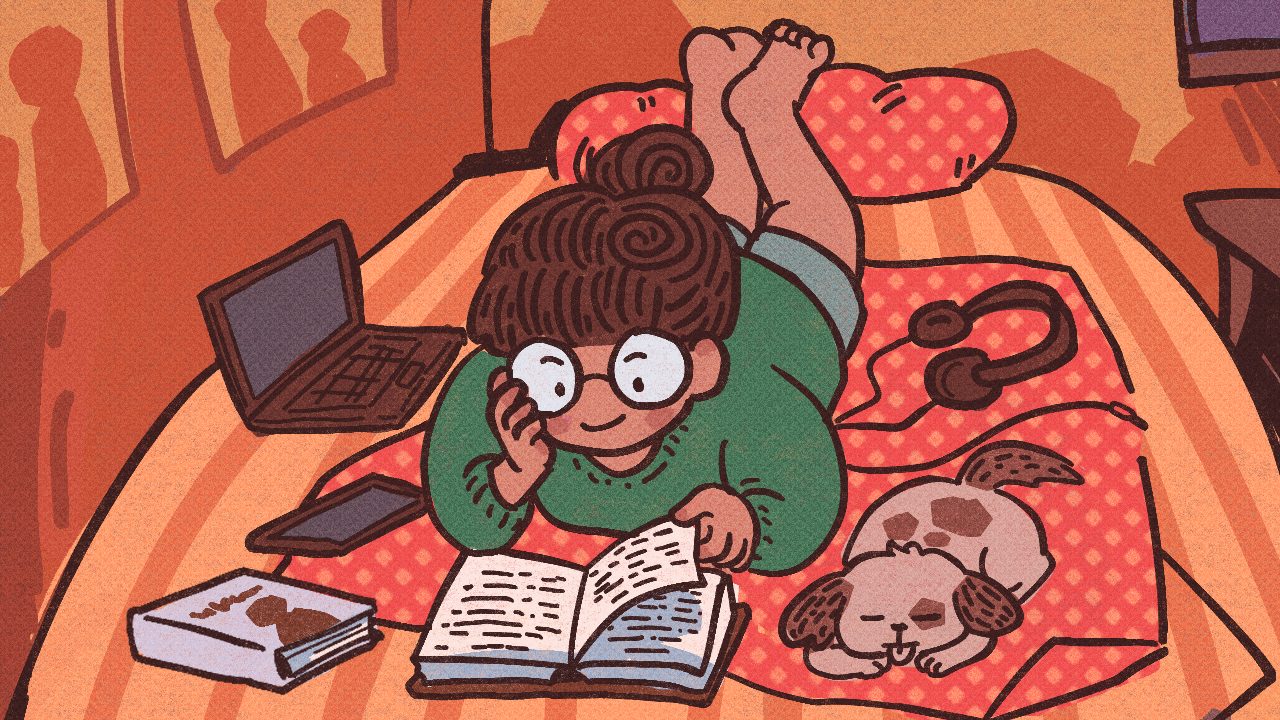
Consider this universal truth: 2020 was practically everyone’s annus horribilis and if, by December 2020, you’re still holding on, you deserve a pat on the back.
Between vague lockdown rules, continued killings, regressions in the rule of law, and your regular Twitter bardagulan, solace was hard to find, or even fathom.
So consider this truth too: sometimes, when the world is gross and unbearable, there is comfort to be found in a book.
As the year finally winds down, we’ve compiled the books several of us in Rappler turned to in 2020.
Whether comfort means an escape or a deep dive into the situation at hand, here’s a list of books that helped us – because they might help you, especially if 2021 wants to screw us over too.
Marguerite de Leon, I’ve Got An Opinion host
The Illustrated Man by Ray Bradbury (1951)
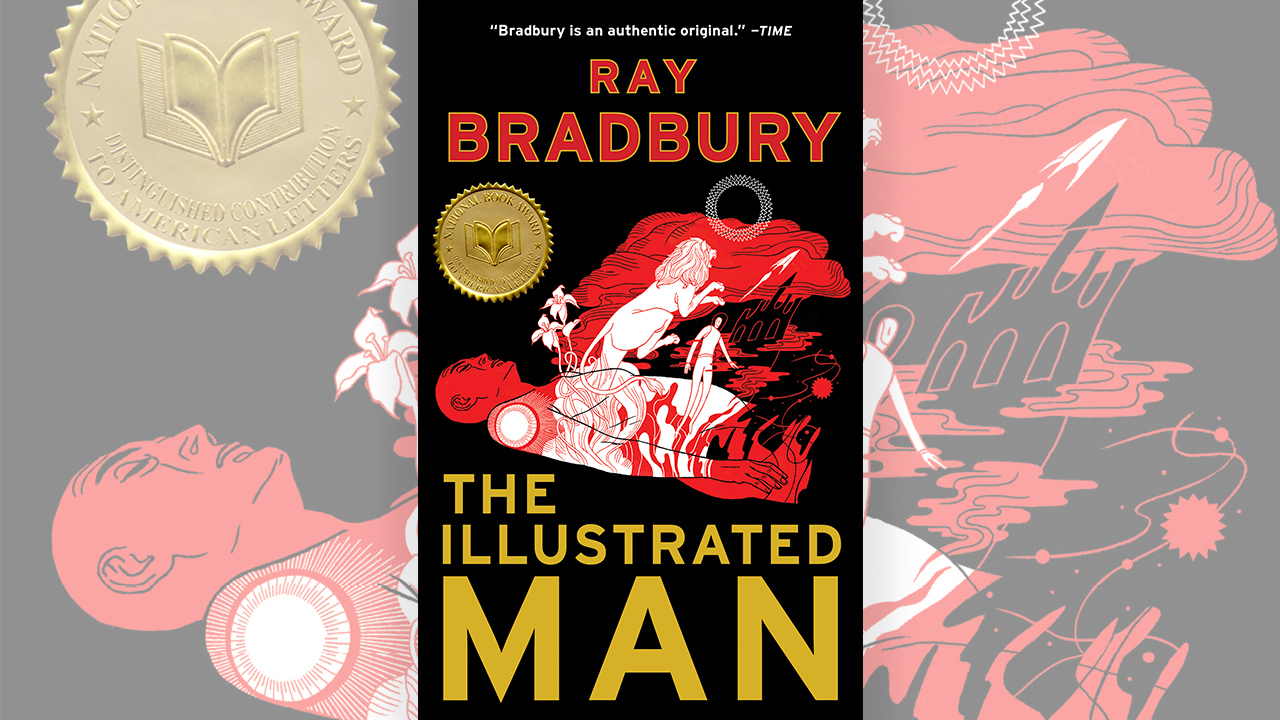
What’s it about? It’s a series of “futuristic” short stories (but futuristic for 1951!) about life in a tech-driven, war-torn Earth, and a struggling colony of outcasts in Mars.
Why is it your favorite read of 2020? It’s fascinating to see how someone from 1951 imagined what the future would be like – even the most “high-tech” thing Bradbury imagined seems clunky and old-fashioned. But more importantly, despite the disparity between his imagined future and our present, the issues he tackled remain very timely: the selfishness of man, surviving totalitarian states, and the folly of technology.
What role did it play in your 2020? A friend from Chicago managed to mail it to me at the height of the pandemic, so it felt like I’d received some sort of magical package that went through hell to get to me. And reading about humans suffering on Earth because of their selfishness and carelessness sounds just about right in the hellscape we’re in.
Jodesz Gavilan, Newsbreak: Beyond the Stories host
Ohio by Stephen Markley (2018)
What’s it about? Four people find themselves back in their hometown in midwestern America 10 years after graduating high school, navigating the aftermath of their every decision and action all while trying to forge their own identities away from the rustic belt.
Why is it your favorite read of 2020? Ohio is a masterclass in writing from different perspectives without falling into the usual flaws (like trying to achieve the Rashomon effect, etc). He managed to present to readers a picture of specific characters in each chapter, their whys and what ifs, drawn from different periods in their lives like a great dossier. It’s as if the readers are left to find the right justification behind the characters’ actions.
Ohio is up there with A Little Life by Hanya Yanagihara, and A Visit from the Goon Squad by Jennifer Egan in terms of pushing readers into this rollercoaster of emotions that ultimately end in the realization that life is an endless pursuit to escape relentless suffering.
What role did it play in your 2020? Reading Stephen Markley’s Ohio came at a time when a lot of introspection happened.
The novel tackles the effects of post-9/11 and the lives lost in the process as the country tries to grapple with the so-called war on terror, the recession in the late 2000s, and the war on drugs in small town America. These are big issues with impact that drives through the core of every person.
It’s a perfect read in time when the world is facing this pandemic, and how the decisions of those in power affect millions. It’s a perfect reminder that no matter how small one’s bubble is, what’s happening in the grand scheme of things will always be personal. Incidents beyond your backyard and their eventual effects will eventually creep up into your life sooner or later.
So the novel will really make you think: Who should we call brave? The people who left everything they’ve ever known only to face uncertainty or the ones who stayed with the familiar but live each day fearful of what every corner might bring?
I still don’t know the answer.
Lian Buan, Law of Duterte Land host
Tough Cases: Judges Tell the Stories of Some of the Hardest Decisions They’ve Ever Made, Edited by: Russell F. Canan Gregory E. Mize Frederick H. Weisberg (2018)
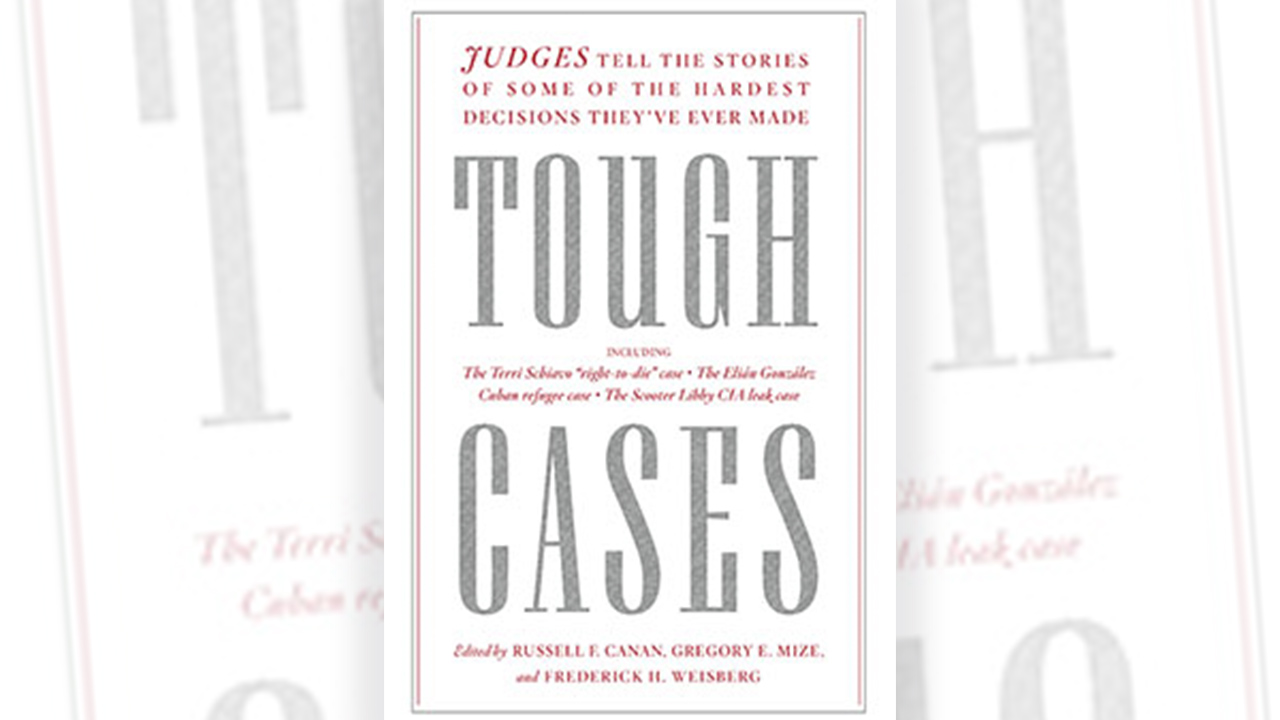
What’s it about? United States Judges write about the toughest cases they’ve ever handled, including the Right to Die case and the CIA leak case.
What role did it play in your 2020? It reminded me of the sheer power of a man or a woman to alter the course of life of a person, or a country, for better or for worse.
Why is it your favorite read of 2020? In a year of uncertainty, it helped me keep a focus on the justice system (albeit United States, though ours is closely patterned after theirs) and helped me gain a better understanding of the sometimes grey areas of justice.
Pawi Bitanga, Inside the Industry host
Essentialism: The Disciplined Pursuit of Less by Greg McKeown (2014)
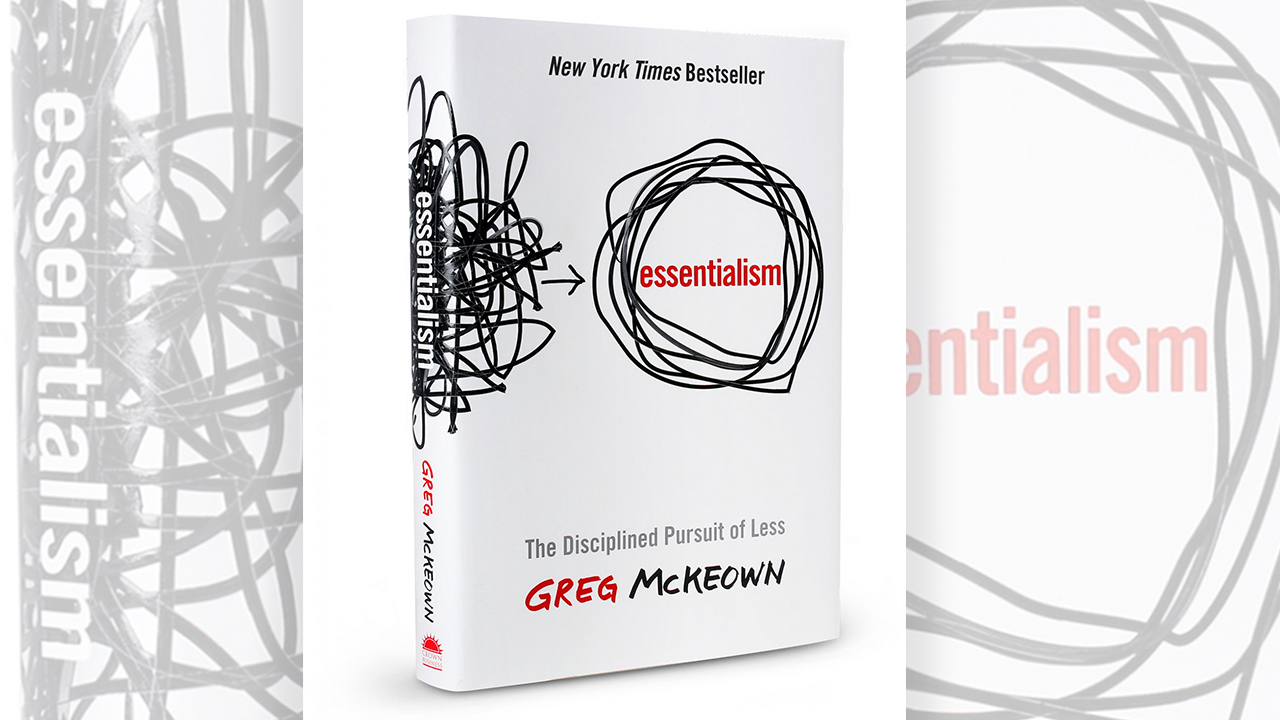
What’s it about? A lean modern philosophy/self-help book about living life down to its essentials. Whereas Marie Kondo and other resurgences of Eastern philosophy have ushered in a global minimalism wave, this book preaches “less but better,” citing many practical uses for essentialism such as in business management and family life.
Why is it your favorite read of 2020? Less is more. The book distills its philosophy into easy-to-remember essentialist habits such as prioritizing, routine-building, resting, and saying no to more things.
I regularly read both philosophy and fiction, but Essentialism made the biggest impact on me this year in the way it influenced my thinking.
What role did it play in your 2020? At a time when increased isolation opened up an even wider array of online options and opportunities, reading this book prior to lockdown helped me sift through the noise and navigate this pandemic with laser focus.
Glenda M. Gloria, executive editor
Americanah by Chimamanda Ngozi Adichie (2013)
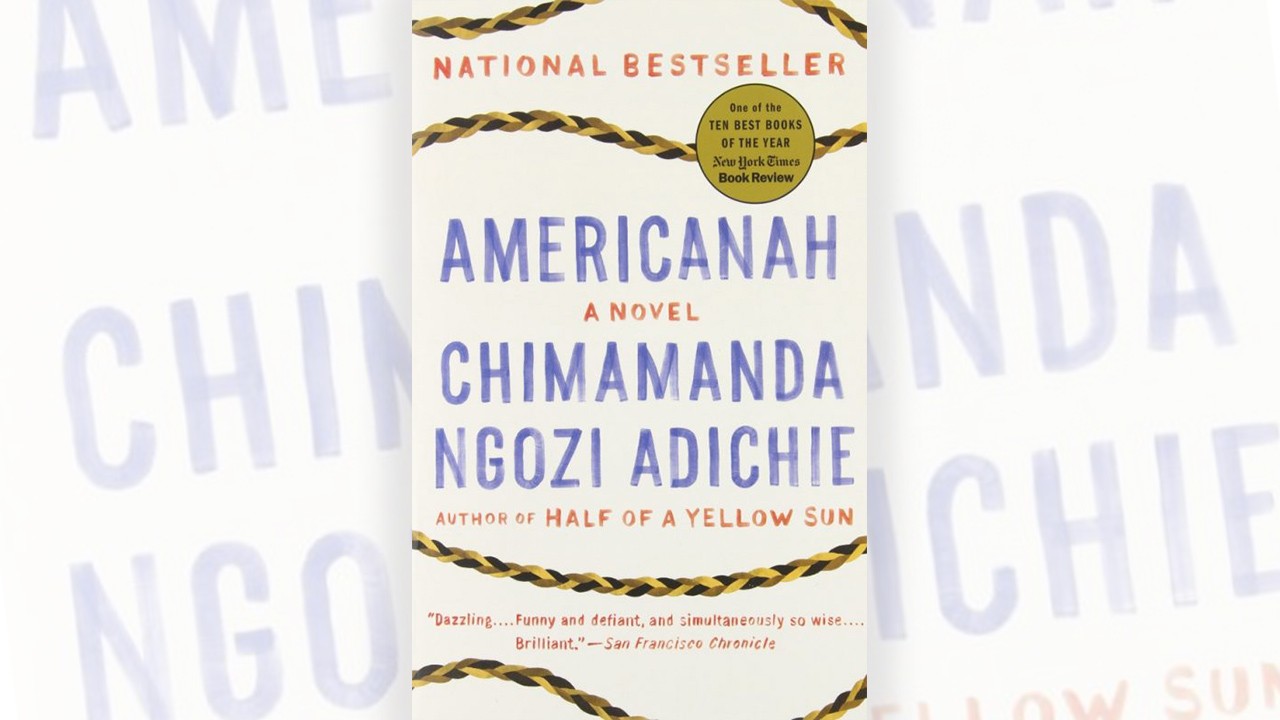
What’s it about? About generations, race, society, Nigeria, America, England – and all the tensions and nuances in between.
Why is it your favorite read of 2020? I’ve always been curious about Chimamanda Ngozi Adichie’s writing but never got around to reading any of her novels. I was privileged to hear her speak in 2018. Adichie was what I needed in 2020, a difficult year, because of her honesty and wit and hard questions about society that are written in superb prose.
What role did it play in your 2020? Americanah gave me comfort in the early days of the lockdown. It’s lyrical but rebellious in its subtle ways. It brought me to a country I barely know (Nigeria) and yet made me see norms and beliefs and prejudices that are very familiar. It also brought me to countries I managed to live in briefly (America and England); the book made me travel again virtually. It was my perfect escape – an escape to a world that is at once unique and common.
Chay F. Hofileña, managing editor
Permanent Record by Edward Snowden (2019)
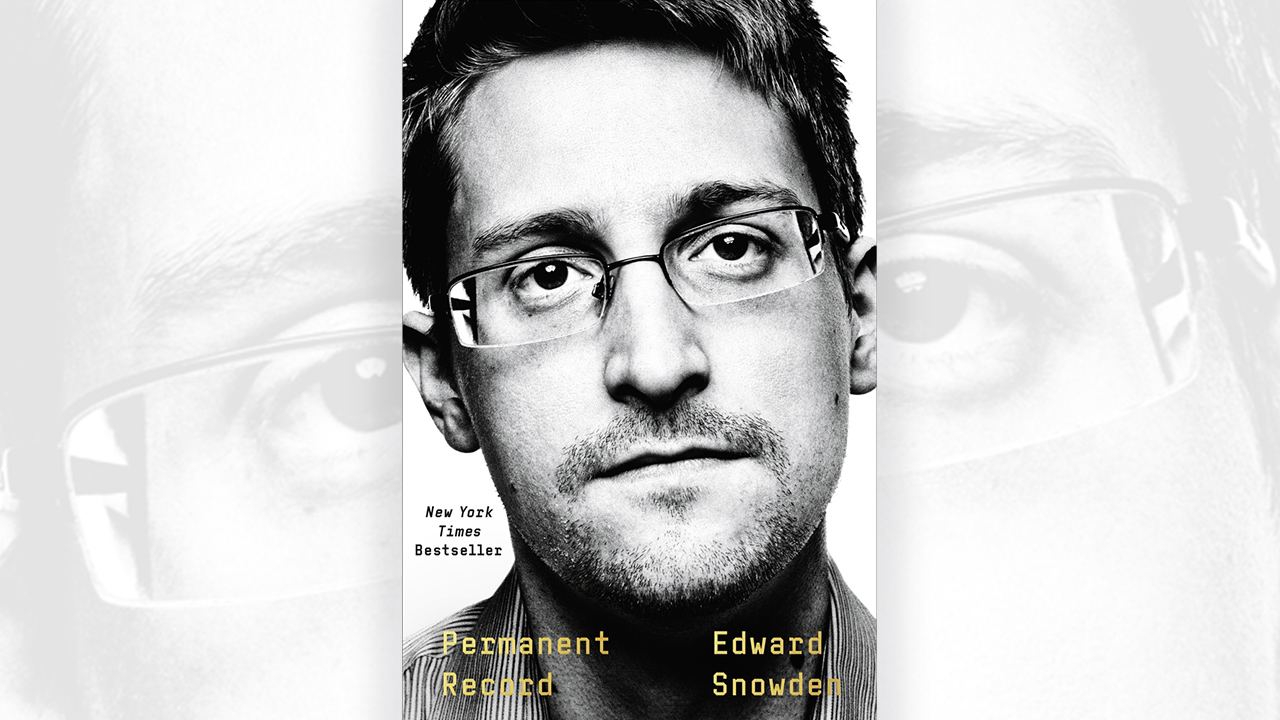
What’s it about? Released in 2019, it’s an autobiography of Edward Snowden, the intel guy who worked with the CIA and was a contractor for the US National Security Agency, when he decided to risk everything and break ties with them to expose to the world how the US was conducting mass surveillance. Full of idealism, Snowden abandoned everything, including a normal life, to become a whistleblower.
Why is it your favorite read of 2020? Snowden’s autobiography has been part of my backlog of readings and I finally finished it this year. It’s timely, given all the eavesdropping that’s going on online and on social media. The book is a good reminder too about how we should never take for granted our own personal information (especially under current political circumstances). Snowden’s a thoughtful, intelligent, witty writer. You know from his writing that his values are in the right place.
What role did it play in your 2020? Made me even more paranoid 🙂 But seriously, the internet and technology are both friend and foe. Snowden also led me to ask myself how far I would be willing to go to challenge people in power when they do wrong. Journalists love principled whistleblowers and they have my highest regard. My wish for him is that the personal sacrifice will be all worth it.
Maria A. Ressa, CEO and president
The Hype Machine by Sinan Aral (2020)
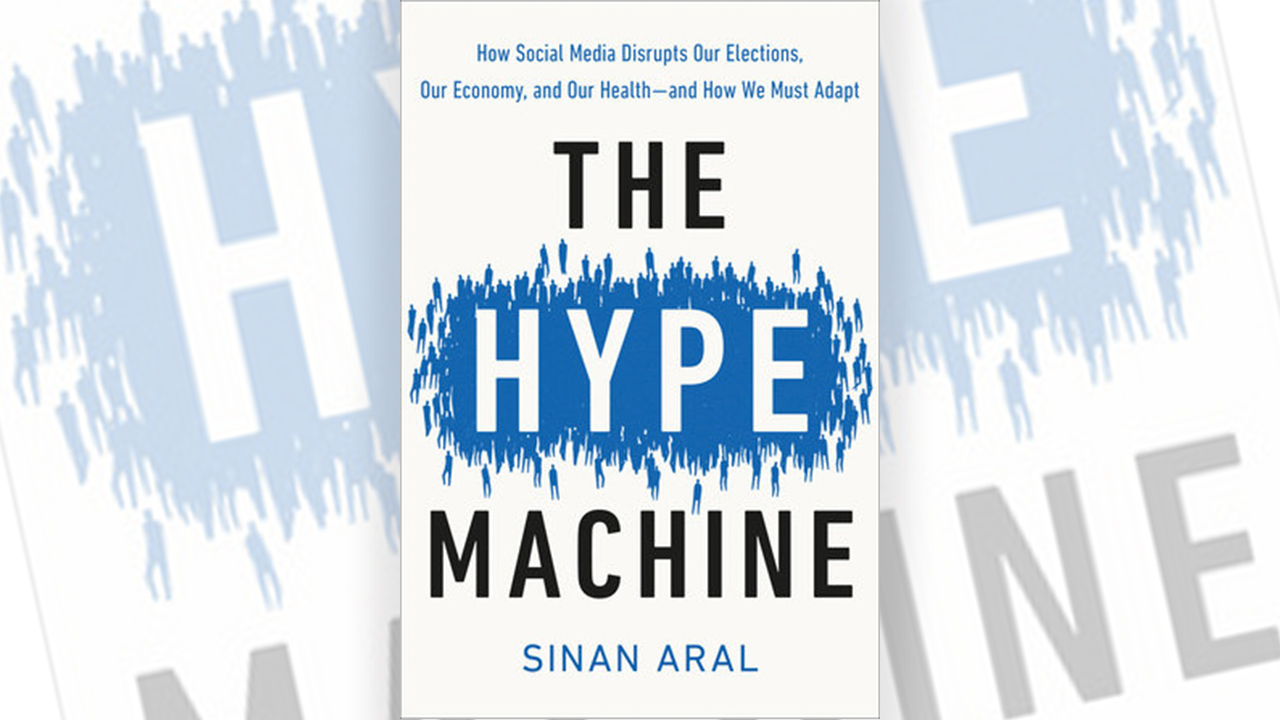
What’s it about? A look at our information ecosystem through the lenses of someone who’s studied technology and its impact on our world for the last two decades. In one graphic, he summarizes the interplay between what he calls the “trifecta machine” and human beings.
Why is it your favorite read of 2020? Along with Shoshana Zuboff’s The Age of Surveillance Capitalism and Timothy Snyder’s On Tyranny, it helped give me a framework for how to analyze and understand our world today.
What role did it play in your 2020? Focus. Aral is more optimistic than I am, perhaps because I’m a target of attacks. His book is in my kindle next to Stephen Levy’s Inside Facebook, Chris Wylie’s Mindf*ck: Cambridge Analytica and the Plot to Break America, Roger McNamee’s Zucked: Waking Up to the Facebook Catastrophe, Brittany Kaiser’s Targeted: The Cambridge Analytica Whistleblower’s Inside Story of How Big Data, Trump and Facebook Broke Democracy. This weekend’s read is a short book debunking/explaining the often misunderstood origins of some of Silicon Valley’s myths by Adrian Daub, What Tech Calls Thinking.
Marites Danguilan Vitug, editor-at-large
The Librarian of Auschwitz by Antonio Iturbe (2012)
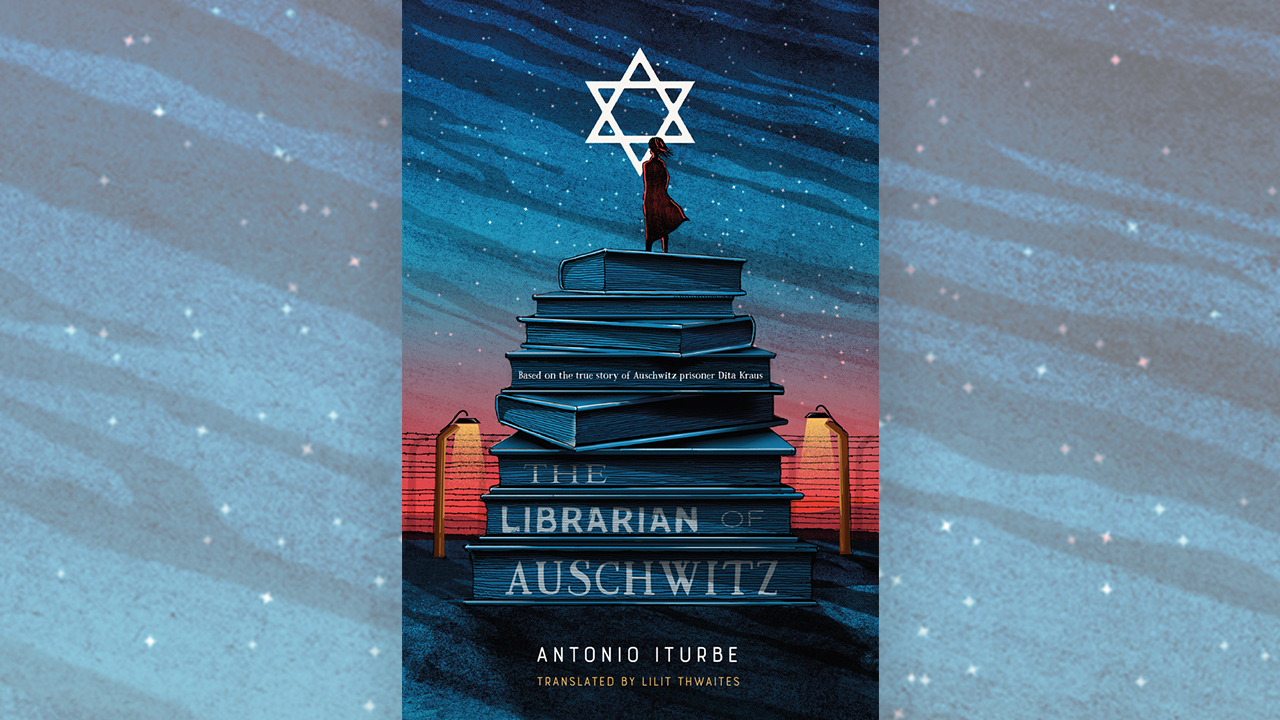
What’s it about? Written like a novel, this is based on the true story of 14-year old Auschwitz prisoner, Dita Kraus. Books were banned in the concentration camp — they were considered dangerous because they made people think. But Dita became the secret librarian as she took charge of 8 precious books prisoners managed to smuggle in. She brought the books in and out of their hiding places (a different one every night) to lend to the children in her block, at great risk to her. She survived to tell her story to a Spanish author, Antonio Iturbe, whose work was translated into English in 2019.
Why is it your favorite read of 2020? It inspired me, gave me hope at a time when the pandemic seemed to be defeating a lot of us. Although the Holocaust was definitely far graver than the coronavirus, the book showed that courage and hope are essential in times of adversity.
What role did it play in your 2020? Actually, many novels have given me refuge, transported me to different worlds and eras. It seemed like a coincidence but I read a number of war novels, perhaps my way of learning from other catastrophes and assuring myself that we will survive the year–as those who experienced earlier global wars did. Almost without fail, I curled up in bed every night with a novel. They proved to be great companions during these difficult times.
Tristan Zinampan, Inside the Industry host
Dune by Frank Herbert (1965)
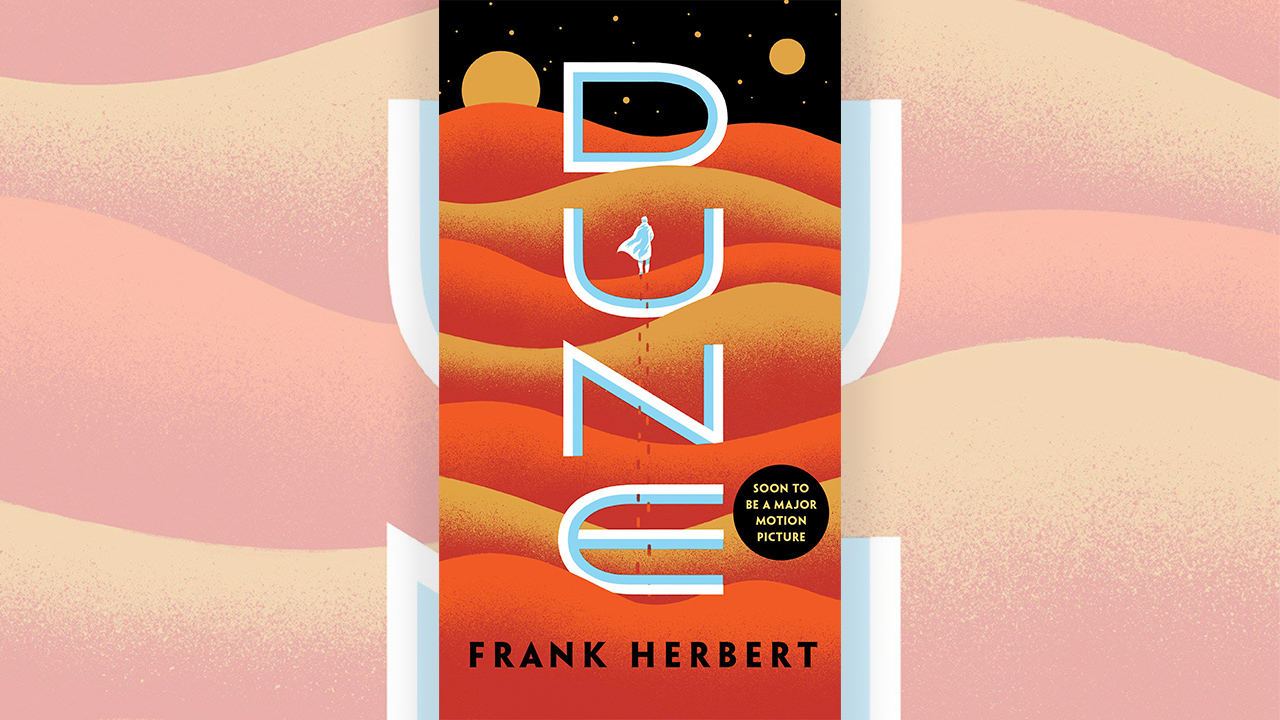
What’s it about? On the surface: it’s about a boy, preternaturally gifted and of noble birth, cast out into the wild by his family’s rivals. He gets taken in by “savages,” adopts their culture, and rises through their ranks. Finally, he comes back to claim his rightful place.
What’s it really about: the danger of charismatic leaders and how our myths, institutions, and flaws of our human psyche enable their creation.
Why is it your favorite read of 2020? As a fan of sci-fi, comics, and genre literature as a whole, it kind of feels like reading this page-turner is also an easter egg hunt. Having been written more than half a century ago, you can’t deny its indelible influence on the stories of today. From Watchmen to Avatar: The Last Airbender, to The Matrix. Beyond that, I believe that its critique on hero worship and our institutions feel prescient to the global struggles we are facing today.
What role did it play in your 2020? Populist leaders and their rabid followers. Religious puppet masters. Ecological disaster. In a way, I feel like Dune (along with a lot of dystopian sci-fi) are Cassandra-esque because they speak of human truths, projections of where we are headed as a race. Frequently though, we dismiss them as cheap entertainment – to be enjoyed and not to be transformative.
In general, the media I loved the most this 2020 are those that are heavily-nuanced and, ultimately, led me to re-examine my beliefs – from the Last of Us 2 to Yuval Noah Harari’s Sapiens (which oddly serves as a fitting companion piece to Dune).
With everything that happened this year, it’s due time to re-evaluate our trust in our systems, leaders, and in ourselves. There flaws in the foundation and they are what led us to the mess we are in right now. If there’s anything I learned this 2020, it’s that everything is grey and nothing is infallible. We have to go beyond the realms of our perception – call it radical empathy, cognizance, whatever – to actually be better.
Bea Cupin, life & style and entertainment editor
My Year of Rest and Relaxation by Ottessa Moshfegh (2019)

What’s it about? Girl (let’s call her girl, since the narrator is nameless) hides from world during a year-long chemically-induced stupor. This is entirely by choice. She’s young, blonde, well-educated, skinny, beautiful, and comfortable – but the world is unbearable, so off she goes.
Why is it your favorite read of 2020? The book was a December 2019 gift, which means it first went into the pile of books that gathered dust until I finally remembered they existed. The narrator is both insufferable, hilarious, and is on a level of self-awareness I wish I had. She’s a character who’s frighteningly easy to relate to, mostly because we’ve all had to go through a near year-long stupor.
What role did it play in your 2020? I started reading it in September 2020, nearly 9 months in lockdown. At that point, reading My Year of Rest and Relaxation was almost like looking at the mirror, sans the cocktail of chemicals. Reading it both took my mind of the clusterfuck that was 2020 while also forcing me to assess who I was becoming during such a difficult year.
Camille Elemia, multimedia reporter
When Breath Becomes Air by Paul Kalanithi (2016)
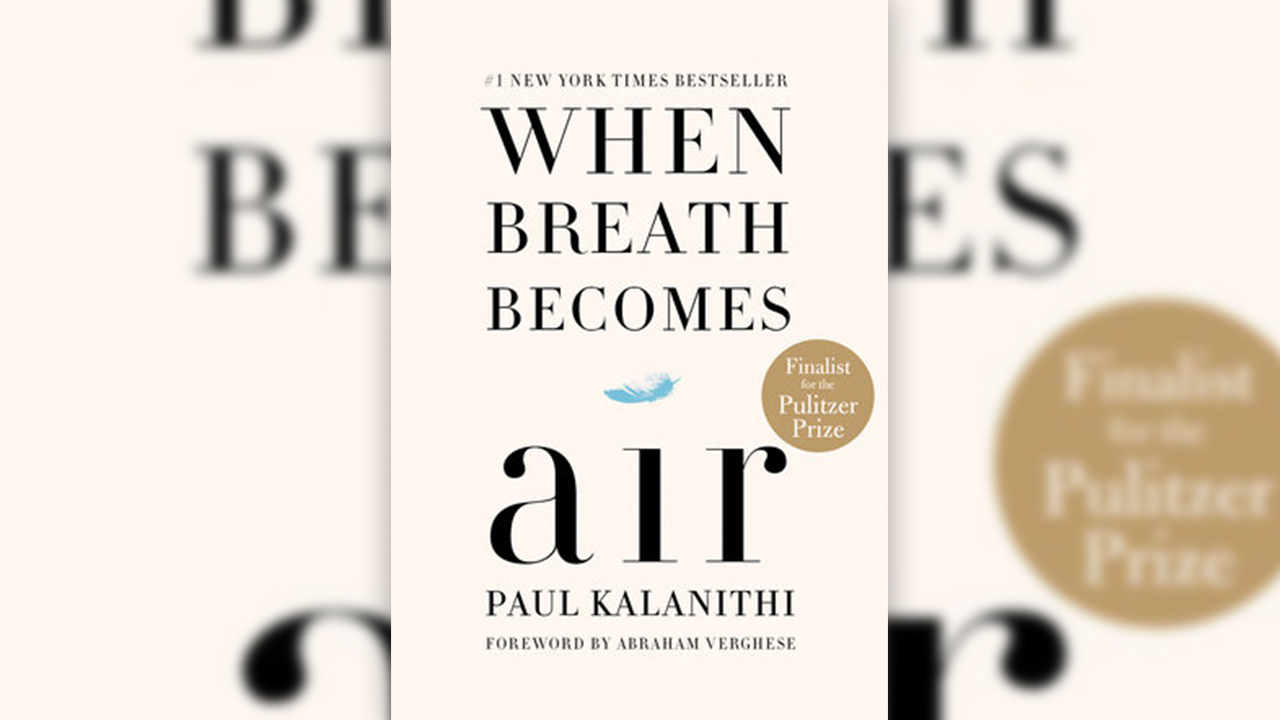
What it’s about? It is an autobiography by the late American neurosurgeon Paul Kalanithi, who wrote it as he battled stage 4 metastatic lung cancer at 36. It was published in 2016, almost a year after his death.
Why is it your favorite read? I read it before the pandemic happened and looking back, I felt it gave so much insight on what 2020 would be like for millions of people. Losses after losses. But this is not just a sad, tear-jerker book. It’s a very powerful little book that makes you rethink life. It makes you accept that life can be truly unfair but what you do with it is what matters. It was a well-written book, too (he studied literature in college). He was successful not just in simplifying medicine but making readers truly understand the hows and whys. He may have died but his last piece of art made sure to celebrate life.
What role did it play in your 2020? I lost my brother in May and now, just as 2020 is about to end, another news devastated our family. So I guess in a way it prepared me for this year. – Rappler.com
Add a comment
How does this make you feel?



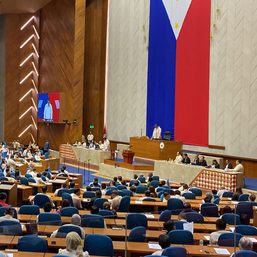
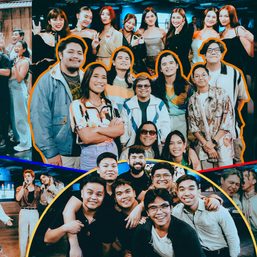
There are no comments yet. Add your comment to start the conversation.